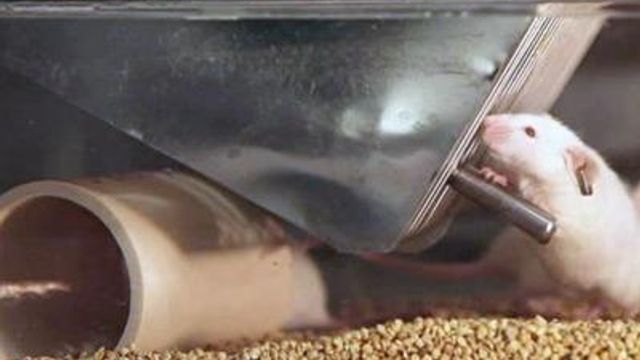Mouse experiments show pill could prevent HIV infection
A daily pill might help people at high risk for exposure to HIV prevent infection, according to research that University of North Carolina scientists conducted with mice.
Posted — UpdatedResearchers transplanted human liver and thymus cells and bone marrow into the mice, giving them fully functioning human immune systems.
"The models that we have today permit us to do experiments that were, frankly, unthinkable just a few years ago," said UNC medicine professor Dr. Victor Garcia-Martinez.
The mice models allowed researchers to look for new ways to protect people at high risk of HIV infection. That's an important line of research, he said, since the disease increased 15 percent between 2004 and 2007 and decades of research haven't produced a vaccine.
UNC researchers focused on the sexual and intravenous forms of HIV exposure.
"The idea that we had was that perhaps the same drugs that we are using in the clinic to treat the disease might be used to prevent HIV transmission," Garcia-Martinez said.
Mice received the commonly prescribed antiretroviral therapy Truvada and then were exposed to the HIV virus. Researchers found that the drug regimen protected mice from all forms of exposure.
For humans, those results mean that avoiding HIV infection might be like taking aspirin to help prevent a heart attack: "one pill a day for an extended period of time or as long as you're going to be at risk," Garcia-Martinez said.
The research has progressed to ongoing human trials, and Garcia-Martinez believes that within a year, researchers will know for certain if this method works for humans. If the results are the same, he said, the daily drug therapy for high-risk groups could finally slow the HIV epidemic.
UNC researchers said the mouse experiments are an effective way to test for and develop HIV vaccines, which is the end goal for eliminating the disease. Mice with a human immune system can also be used to test flu vaccines and cancer therapies and drugs.
• Credits
Copyright 2024 by Capitol Broadcasting Company. All rights reserved. This material may not be published, broadcast, rewritten or redistributed.





